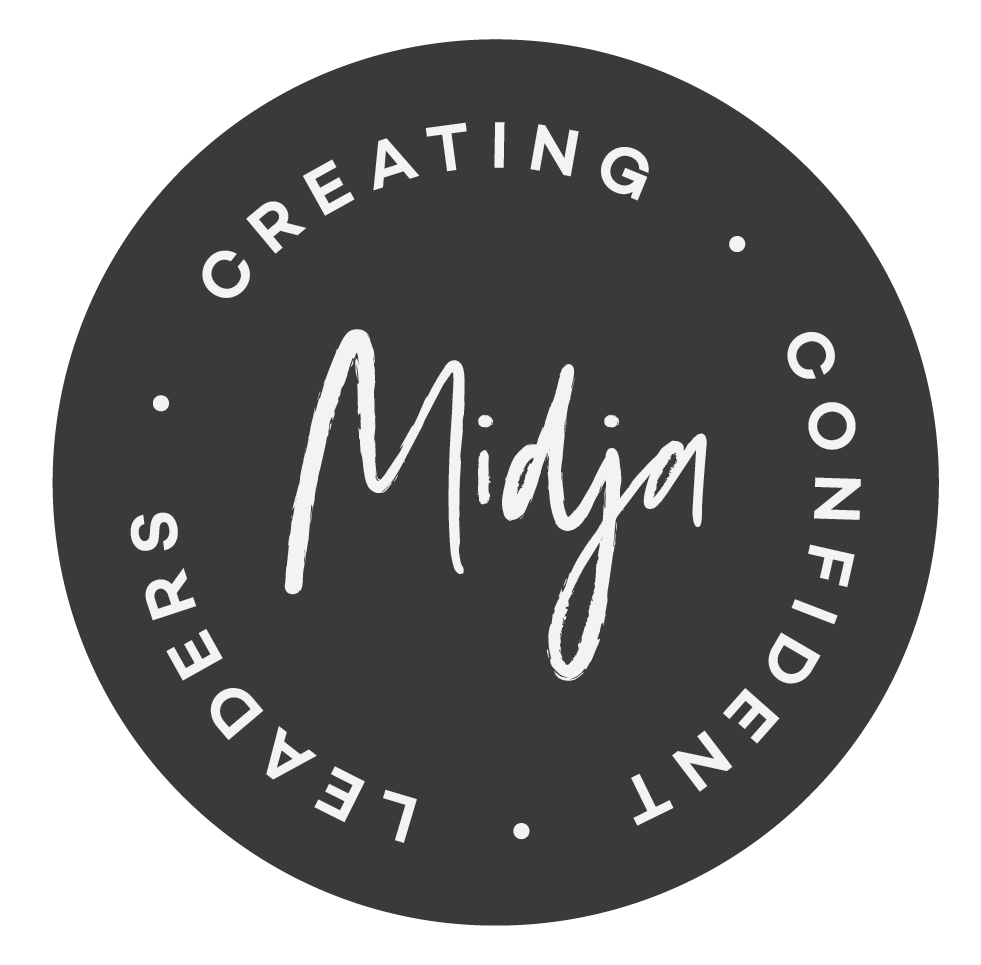3 Steps to Discovering Extraordinary Talent
This week I was reminded of a social experiment that occurred in Washington DC. In 2007, in the metro train station, a musician played a violin. He played for about 45 minutes and during that time thousands of people entered the metro. However, only a handful of people stopped and listened for a while. About 20 people gave him money, but continued to walk at their normal pace. He collected $32. When he finished playing no one noticed and there was no applause or recognition.
No one knew this, but the violinist was actually Joshua Bell, one of the best musicians in the world; an acclaimed classical violinist. He played one of the most intricate pieces ever written, on a violin worth 3.5 million dollars. Wow! Just days early, people had paid $100 to see Bell perform at Boston’s Symphony Hall. It was a packed audience.
On this morning in the metro train station, people were too busy, too distracted, too rushed to appreciate the amazing talent that was right there in front of them.
Now as leaders we can also be very busy. like those commuters in rush hour because let’s face it as a leader every hour is rush hour. The pace is go, go, go. The higher you climb the corporate ladder, the faster the pace. You are actually sprinting to catch that next train, oblivious to anyone or anything around you.
It can be people very new to your organisation who you just don’t prioritise the time to get to know. You’re too busy. At the other end of the spectrum; long standing employees, you can assume that you already know their strengths. You have already pigeon holed them which means that you fail to notice their growth and development; their new capabilities. All of us are continually learning and we need new experiences and challenges to keep us stimulated and engaged.
One of your key responsibilities as a leader is to identify talent in your organisation and nurture and reward this talent. So, how do you do this?
1. Slow down.
I know you want to make that next train to get you to where you think you need to go. Agility and speed is great when it comes to processes - trying and failing things quickly but when it comes to your people; fast is slow. If you rush, you will miss out on discovering and leveraging the talent you have right in front of you.
2. Be inquisitive.
Ask Questions. You need to step away from having all the right answers and instead be asking all the right questions. It’s about genuinely wanting to know more about the people who are working with you; their values, purpose and strengths. What are their goals? What turns them on? What do they want to learn next?
3. Create a coaching culture.
There needs to be a focus on continuous team and personal development where everyone is working towards their next goal. A culture of life-long learning where coaching is just ‘what we do around here.’ Challenges are seen as opportunities for new learning and leaders are engaged with their people. Leadership is a contact sport, not one that is played from inside their corner office.
So, this week during peak hour, slow your pace, look up, engage and discover the extraordinary talent in your organisation.
Midja x
